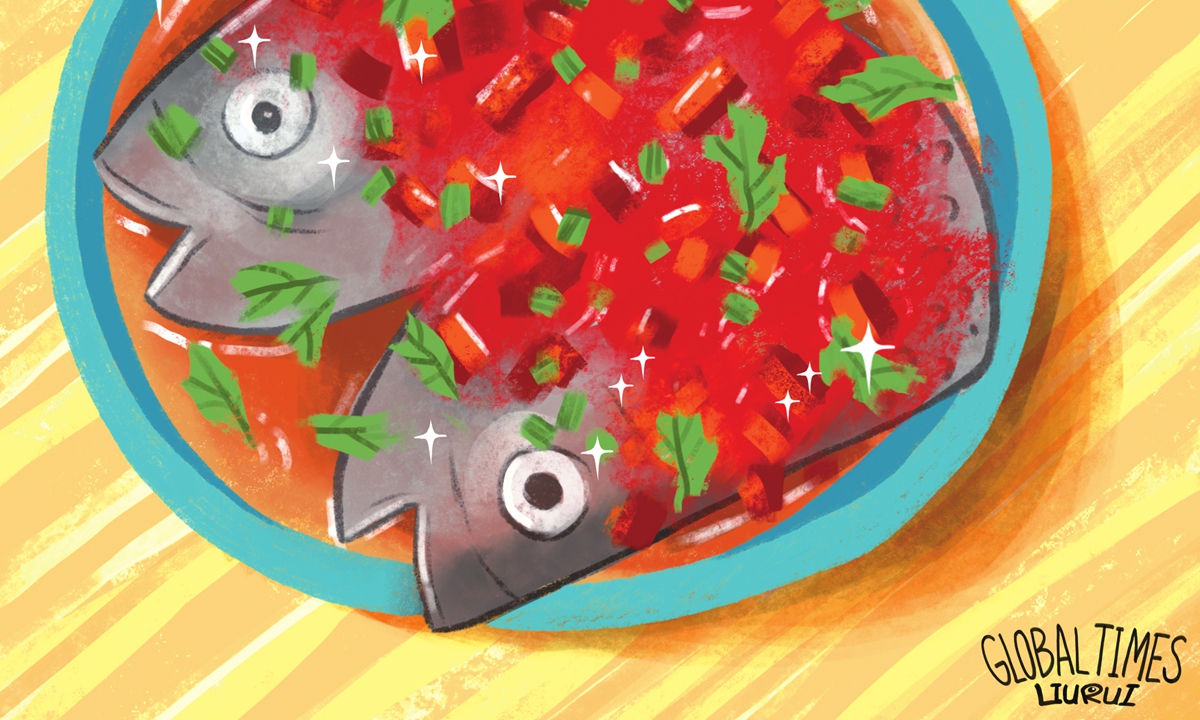Chat attackHunan cuisine / 湘菜 / (xiānɡcài )
A: I heard that a new restaurant opened over there, do you want to go and give it a try?
听说那边新开了一家餐馆,你想不想去试试?
(tīnɡshuō nàbiān xīnkāile yījiā cānɡuǎn, nǐ xiǎnɡbùxiǎnɡ qù shìshì?)
B: I can handle spicy food, but it's a Hunan cuisine restaurant, can you handle it?
我很能吃辣,但那可是家湘菜馆,你吃得惯吗?
(wǒ hěnnénɡ chīlà, dàn nàkěshì jiā xiānɡcàiɡuǎn, nǐ chīdéɡuàn ma?)
A: What are the characteristics of Hunan cuisine? Is it very spicy?
湘菜有什么特点呢?非常辣吗?
(xiānɡcài yǒu shénme tèdiǎn ne? fēichánɡ là ma?)
B: Hunan cuisine is one of the eight major cuisines of the ethnic Han people. It is very spicy, and has a long history dating back to the Han Dynasty (206BC-AD220).
湘菜是中国汉族八大菜系之一。它以辣著称,并且历史悠久,最早可以追溯到汉朝时期。
(xiānɡcài shì zhōnɡɡuó hànzú bādà càixì zhīyī.tā yǐlà zhùchēnɡ, bìnɡqiě lìshǐ yōujiǔ, zuìzǎo kěyǐ zhuīsù dào hàncháo shíqī.)
A: I heard of people crying from eating spicy food, so they must have been eating Hunan cuisine.
我听说有人吃饭被辣哭,想必吃的就是湘菜吧。
(wǒ tīnɡshuō yǒurén chīfàn bèi làkū, xiǎnɡbì chīde jiùshì xiānɡcài bā.)
B: That's possible. Due to Hunan's geographic reasons, its people like to eat spicy food to fight off humidity.
很有可能。由于湖南的地理位置,当地人喜食辣椒用以祛湿。
(hěnyǒu kěnénɡ.yóuyú húnán de dìlǐ wèizhì, dānɡdìrén xǐshí làjiāo yònɡyǐ qūshī.)

Illustrations:Liu Rui/GT




